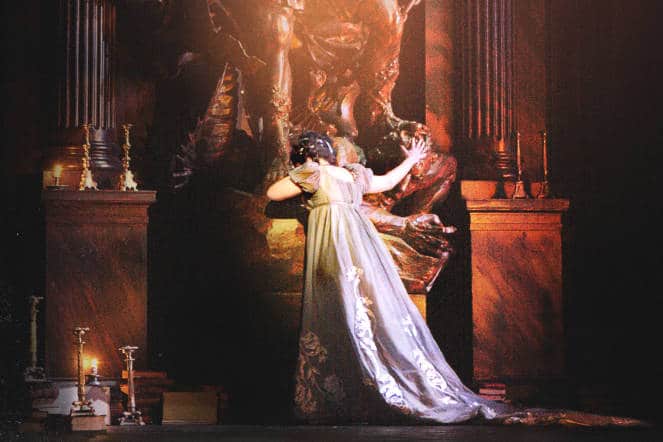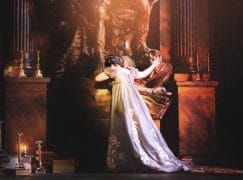Let’s ban violence from opera, right?
mainThat’s the cry from 190 ‘leading Australian composers, directors, musicians, and vocalists’, who have signed a petition ‘to remove gender bias, sexism, and dramatised acts of violence against women in opera’.
Read on here.







Comments